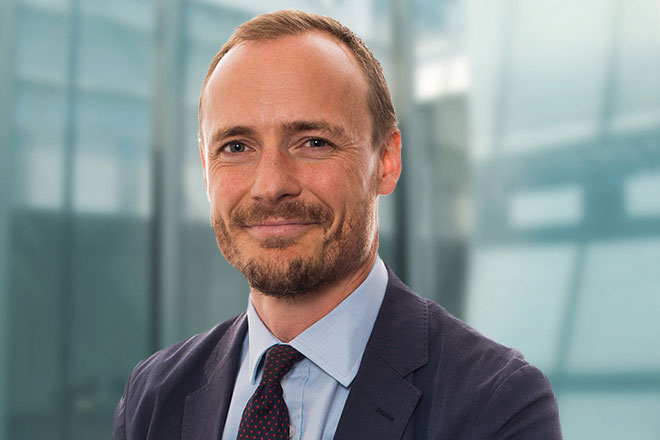
February saw rising tensions following the build-up of Russian military forces around Ukraine which eventually led to conflict, a humanitarian crisis in Ukraine and an abrupt sell-off in risk assets. There were very few areas of the market that avoided sizable declines; energy, materials, defence, and utilities were just about the only areas to emerge unscathed. This has been a bad environment for growth and cyclical value. However, defensive value has been the only place to be.
We are and remain a growth-biased strategy and this has not helped us in this environment. In addition, where we own cheaper companies, they tend to have some degree of cyclicality (Banks, Autos) rather than being defensive in nature; this has also not helped. Finally, although we took action to heavily reduce our underweight exposure to the energy and materials sectors at the end of 2021, we remain underweight these areas. As a result, we underperformed the market during February.
Our main detractors at a stock-level were Unicredit, Munich Re and Bawag. Given the risk-off environment, it is unsurprising that all three are financials. Unicredit has been punished heavily due to its small Russian exposure and the share price move since the outbreak of the conflict has moved well beyond the level that would be implied by a complete write-off of their Russian lending activity. We think there has been an overreaction here. Our other bank Bawag, has no direct exposure to Russia or Ukraine, but has still been punished as real yields have declined.
Our strongest performing positions included DSM, KPN and Novo Nordisk. These three companies have held up well due to the defensive nature of their earnings streams.
We have not made any major changes to fund level positioning. Our view is that the events unfolding are likely to result in higher inflation and lower growth. On balance, we feel it right to increase our exposure to some of our higher conviction growth companies and we added to our positions in Cellnex, SIG Combibloc and Novo Nordisk. At the same time, we reduced our weightings in some more cyclical companies such as Bawag and Stellantis.
We will continue to retain balance in our exposures by considering two types of business for investment; those where we see high and sustainable returns that are undervalued by the market and those companies where we can see a material improvement in medium term business prospects.
Our strongest performing
Our strongest performing
Glossary ExpandCyclical – Companies that sell discretionary consumer items, such as cars, or industries highly sensitive to changes in the economy, such as miners. The prices of equities and bonds issued by cyclical companies tend to be strongly affected by ups and downs in the overall economy, when compared to non-cyclical companies.
Defensive stock – A defensive stock is a stock that provides consistent dividends and stable earnings regardless of the state of the overall stock market. There is a constant demand for their products, so defensive stocks tend to be more stable during the various phases of the business cycle.
Growth investing – Growth investors search for companies they believe have strong growth potential. Their earnings are expected to grow at an above-average rate compared to the rest of the market, and therefore there is an expectation that their share prices will increase in value.
Inflation – The rate at which the prices of goods and services are rising in an economy. The CPI and RPI are two common measures.
Real yield – The real yield is the nominal yield of a bond minus the rate of inflation.
Value investing – Value investors search for companies that they believe are undervalued by the market, and therefore expect their share price to increase. One of the favoured techniques is to buy companies with low price to earnings (P/E) ratios. See also growth investing.